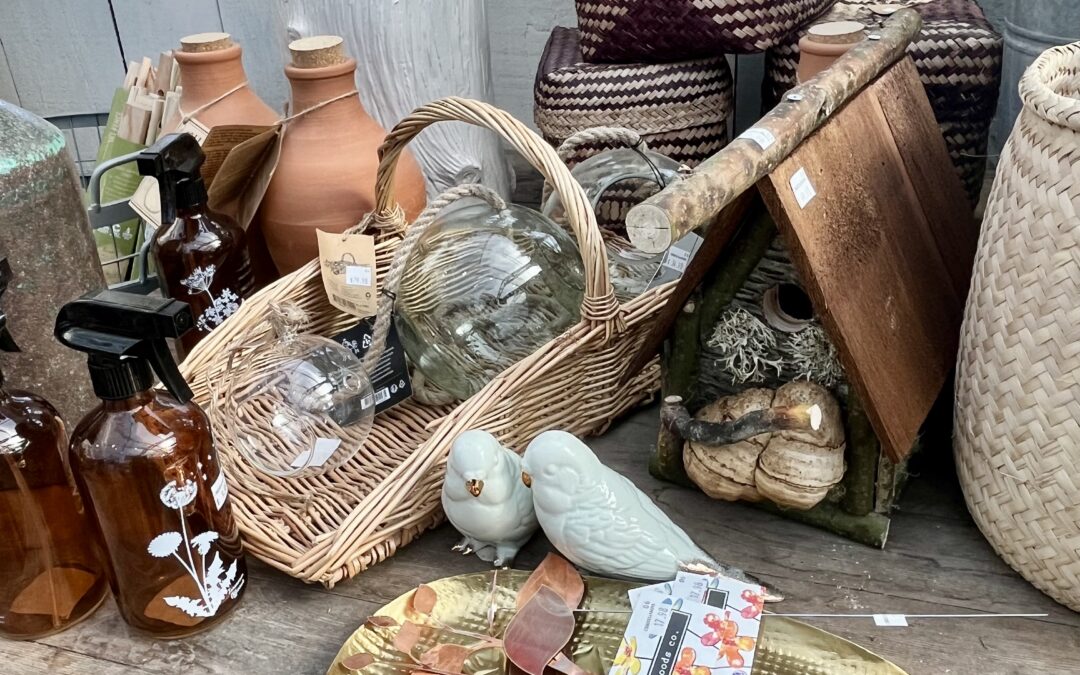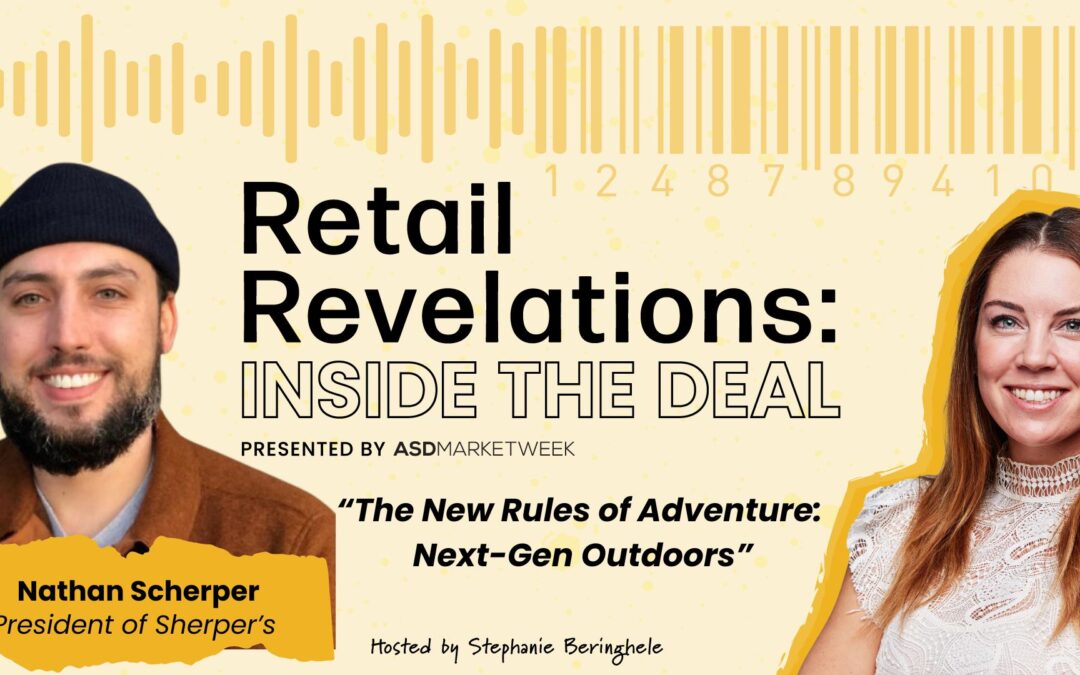We are living in a world where stress and anxiety levels are soaring and happiness levels are at an all-time low. The pandemic was a catalyst for people learning to manage their mental and emotional health at home. This drove an explosion in the sales of products related to self-care. In 2024, it hasn’t slowed down.
In fact, 70% of U.S. consumers actively buy products related to wellness and self-care. The self-care trend we identified four years ago has evolved; consumers are finding solace in the art of transforming mundane routines into daily rituals. As a retailer, this presents a fantastic opportunity to carry goods that your customers may want to purchase to support their overall well-being.
Creating Rituals to Redefine the Ordinary
As people increasingly prioritize their mental and emotional health, the act of infusing everyday tasks with intentionality and reverence has become a sought-after practice. Whether it’s the simple act of brewing a cup of tea, applying skincare products, or doing the laundry, these seemingly ordinary activities have the potential to become transformative experiences.
So why are so many people turning routines into rituals? Because:
- Rituals are the opposite of routines, a lot of that magic comes from transitioning routines into rituals.
- Rituals offer a profound sense of grounding, enabling individuals to anchor themselves in the present moment and find respite from the relentless demands of modern life.
- Rituals are about celebrating getting to do life, and this has an extremely positive impact on reducing stress.
Helping Your Customers Create Rituals
Earlier this year, I visited a dozen retailers who buy from ASD Market Week. From Washington to Northern California, I spent time with each of the store owners and talked to them about how self-care had become a part of their merchandise strategy. In all of these conversations, the #1 takeaway they gave me was:
As a retailer, you want to incorporate self-care into the products you carry. In order to do it successfully, you must embrace a multifaceted approach, offering a wide range of products that cater to various preferences and lifestyles.
The retailers who are successfully doing this have learned that self-care isn’t one size fits. Some of their customers want simple, affordable products that lift their spirits, while others want premium goods at premium prices. No matter what shoppers seek, they want to purchase products that resonate with their preferences, lifestyles, and stages of their #selfhealingjourney.

3 Ways to Incorporate Self-Care Into Your Merchandising Strategy
How can you find success with bringing in self-care related products? Here were the top three ways ASD retailers doing this in their stores:
- Curated Ritual Kits: ASD retailers offered curated kits designed to transform everyday routines into intentional rituals. For example, a morning ritual kit could include items like a high-quality tea blend, a beautiful ceramic mug, a journal for morning reflections, and a small meditation guide. Similarly, a bedtime ritual kit could feature calming essential oils, a luxurious silk sleep mask, a gratitude journal, and a soothing herbal tea blend.
- Holistic Household Essentials: ASD retailers offered a selection of household items that elevate everyday tasks into mindful rituals. This could include premium laundry care products infused with calming scents or eco-friendly ingredients, such as lavender-scented laundry detergent or organic wool dryer balls. Additionally, stores can stock high-quality home cooking staples that encourage mindful meal preparation, such as artisanal olive oils, heirloom grains, and exotic spices.
- Artisanal Skincare and Bath Rituals: ASD retailers offered curated selections of unique skincare and bath products, with a focus on locally made or sustainably crafted products. This included handcrafted soaps made from natural ingredients sourced from local farms, luxurious bath salts infused with essential oils, and botanical skincare serums formulated with organic, ethically sourced ingredients.
By bundling these items together, stores provided consumers with everything they needed to create meaningful rituals around specific moments in their day.
Bringing People into Stores to Create Shared Experiences
While self-care rituals often involve personal practices, ASD retailers also found there was also a growing demand for shared experiences that foster a sense of community and connection. So they created them. These shared experiences not only provide opportunities for learning and personal growth, but also create spaces for meaningful connections and social support. These events ranged from guided meditation sessions to tea ceremonies.
By offering experiential opportunities, ASD retailers not only drive foot traffic to their stores, but also positioned themselves as community hubs for wellness. Additionally, these events provided a platform for showcasing relevant merchandise, allowing customers to experience products firsthand and fostering a sense of connection with the retail store’s brand.

Becoming More Than a Place to Shop For Your Customers
Whether your store carries wellness-related products or hosts events, start thinking about how your store is a part of your community and your customer’s lifestyle versus just a place to buy things. By doing this, you allow the relationships with your customers to drive revenue, without you always having to sell to them.
If you want to source new self-care related products for you store. Register to attend our next show.














0 Comments